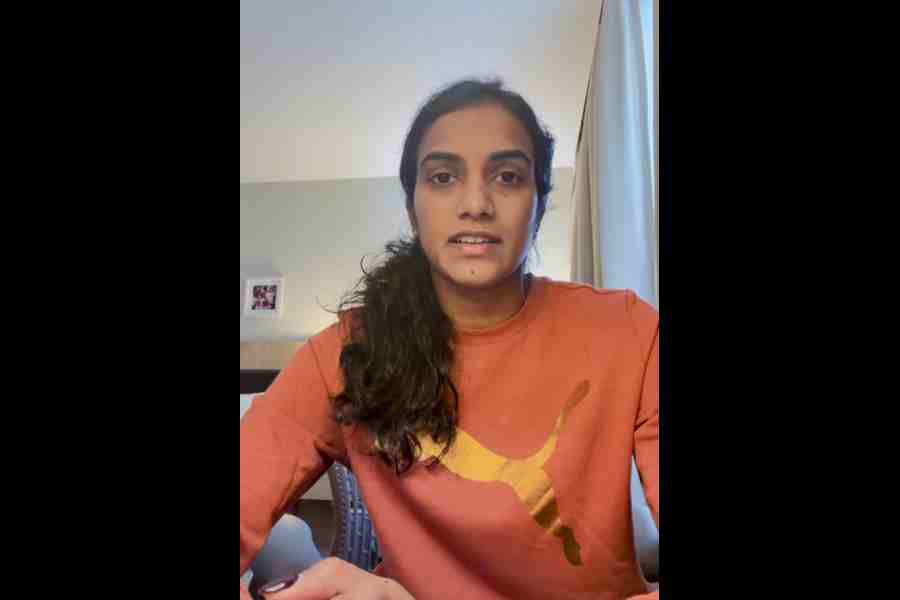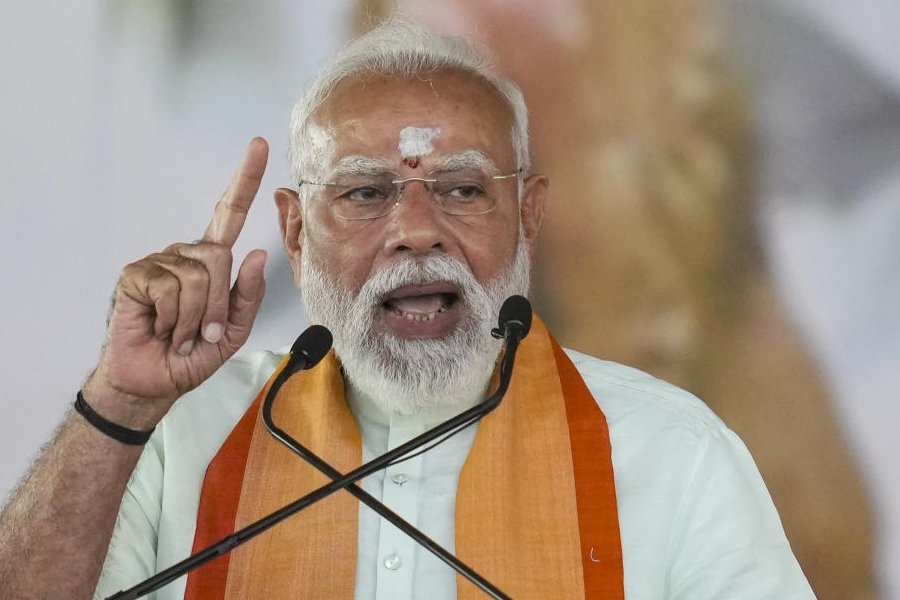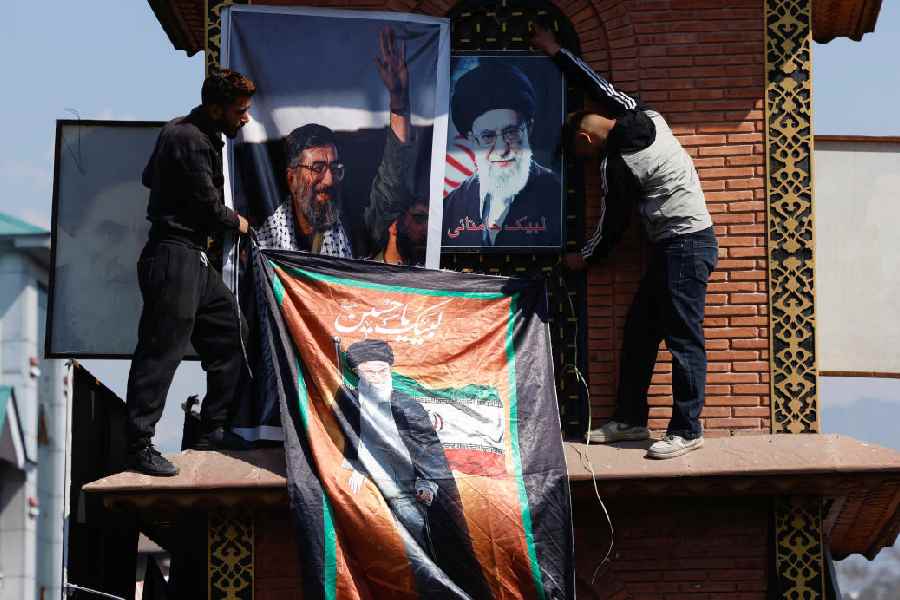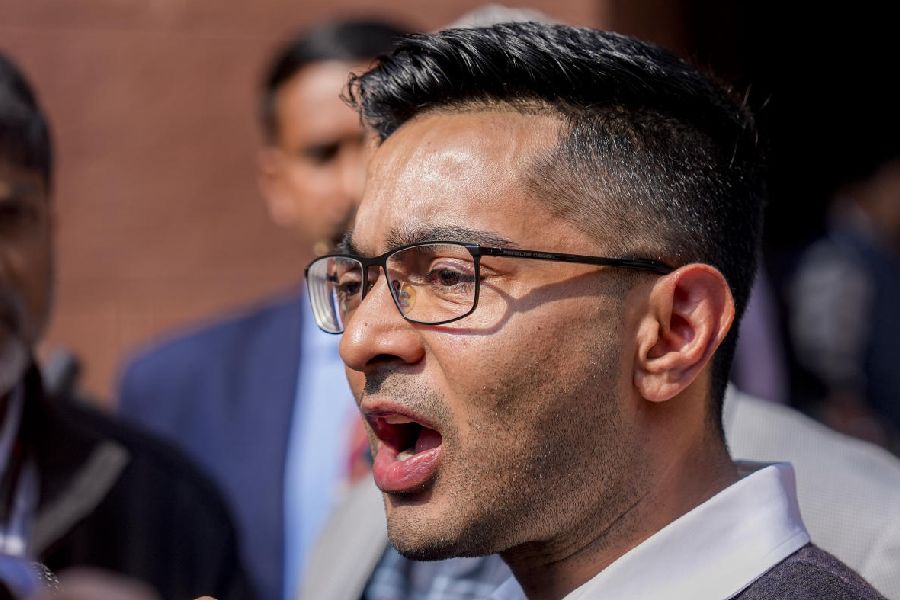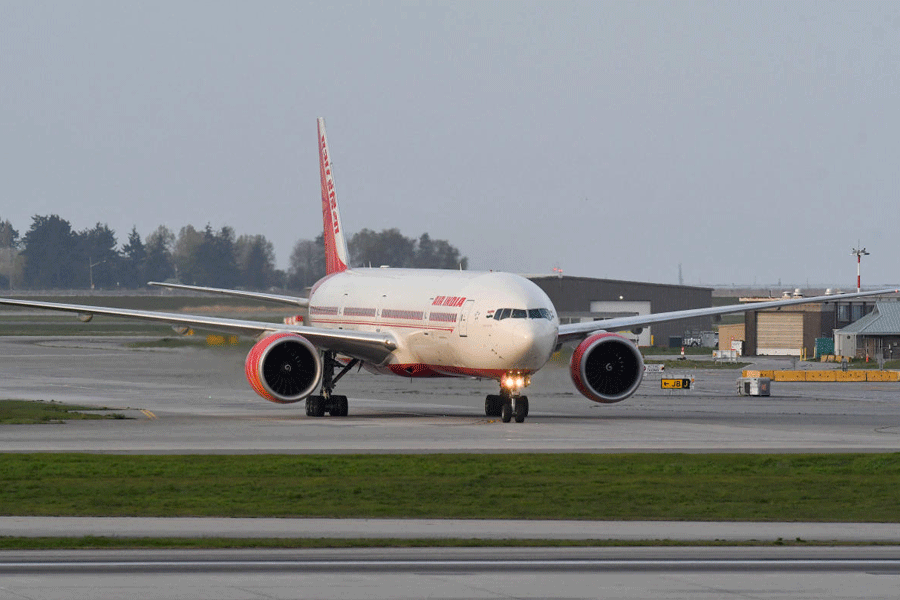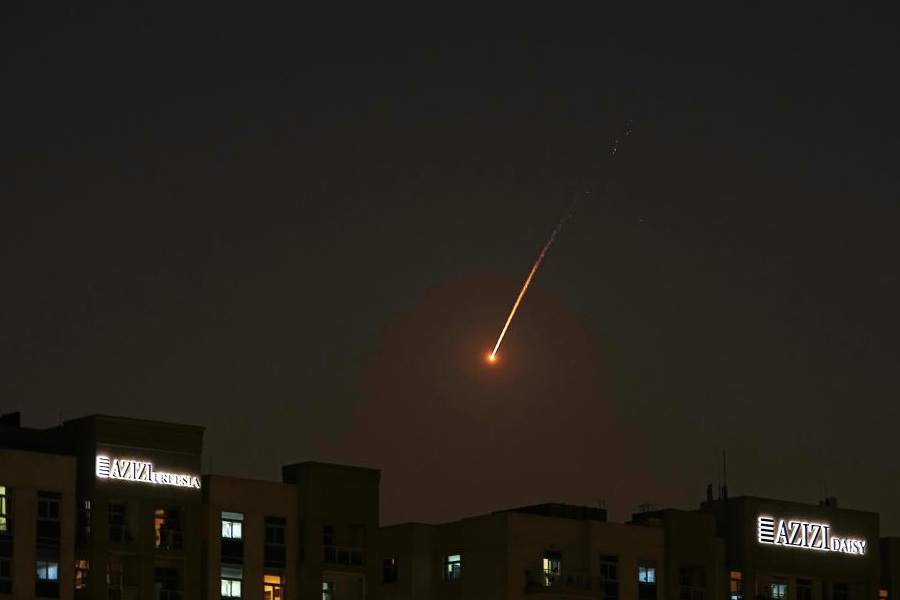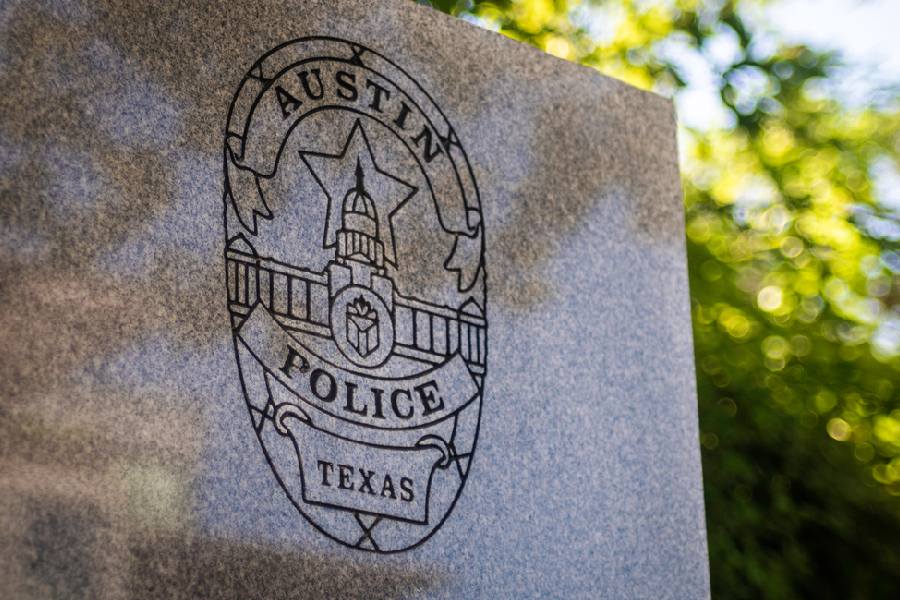 |
 |
| Malayali community celebrates Onam in Bhubaneswar. Telegraph pictures |
Bhubaneswar, Dec. 7: From God’s own country to the land of temples — the journey of the Malayalis here has been a long one. But, the friendly community has no complaints. The bountiful coconut and palm trees, the long stretch of coastline and the lush green mountains of Odisha beautifully compensate the thousand-mile distance and linguistic barrier.
The Malayali community — as compared to many other communities such as Marathi, Bengali, Bihari — is a relatively new member in Odisha.
“There are a number of floating members, who came pre-independence to spread Christianity in the state. But, it was only after independence that we started to settle in the twin cities,” said president of the Kerala Kala Samiti V.M. Mani.
The community confesses to have a profound fondness towards administrative services. Ever since their arrival in Odisha during the 50s and 60s, the Malayalis were seen occupying some of the most important seats of bureaucracy. Even today, a good percentage of employees in the account general office in Bhubaneswar are Malayalis.
With the increasing demand and promise of a luxurious lifestyle, a large number of Malayalis in the capital are also heading towards private organisation. While the community proudly flaunts its white collar, they feel no shame to accept their low business acumen.
“We are usually referred to as nine-to-five people. Maybe we work best under this type of ambience. But, there are some Malayalis, who have done immensely well in business ventures as well. P.P. Chandran and Krishnan Mohanan are the proprietors of two of the most successful bakeries and restaurants in Bhubaneswar,” said Mani.
The subtle topographical similarities between the states, however, are yet to compensate the intense cravings for Kerala cuisine among the early Malayali immigrants in the twin cities. The Malayalis yearned for their favourite tapioca and kukum star that was available nowhere in the city.
“During the 70s, the capital had a large number of the Malayalis. Since the communication and transport at that time was not as advanced as today, we were missing certain ingredients and food that was typical of Kerala. It was then that we decided to open an exclusively south Indian restaurant. We imported all the spices from Kerala and Tamil Nadu for our cuisine. But, thanks to globalisation now we get everything in the capital markets,” said the former proprietor of a well-known restaurant in Bapuji Nagar.
Once upon a time closely-knit community has spread its wing far and wide. There are around 200 Malayali families across the twin-cities, Balasore, Berhampur, Rourkela and Talcher.
To bring the Malayali families closer, few members of the community established the Kerala Kala Samiti in 1966. The organisation aims to integrate and uphold their culture through the association. It is also a little effort by the Kerala committee to make the younger generation more aware of their culture and their native land.
Every year, hundreds of Malayalis participate in one of Kerala’s biggest festivals, Onam. Decked in traditional white sari with golden border, women decorate their houses with beautiful flower carpets, “Onam pookalam”. A cultural programme coloured with traditional katahipoo dance, music and theatre enthralls the audience every year.
“I have been living in Odisha for more than 40 years. I have seen the city grow and now it is impossible for me to leave the state and go elsewhere, even my own homeland,” said Mani.


